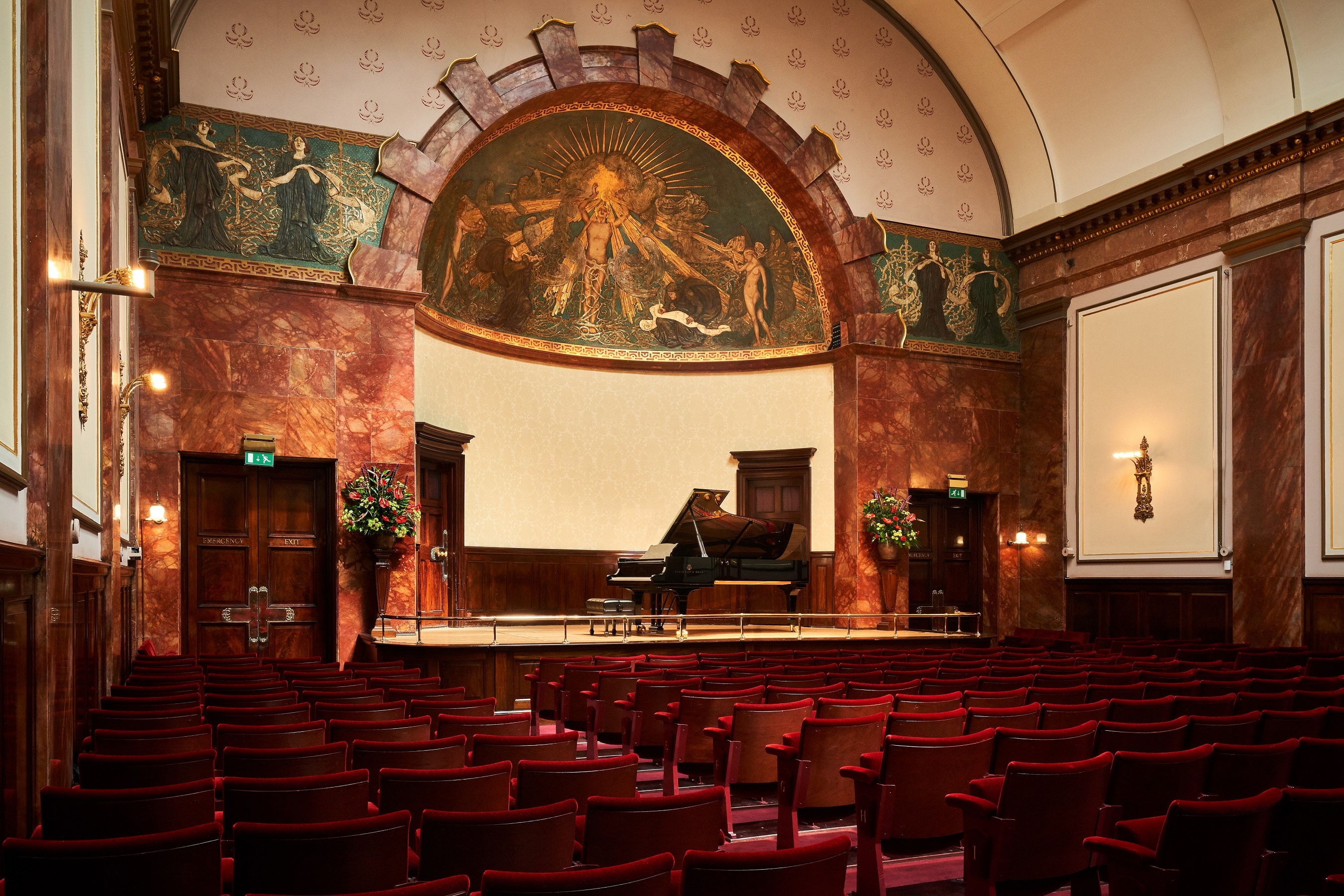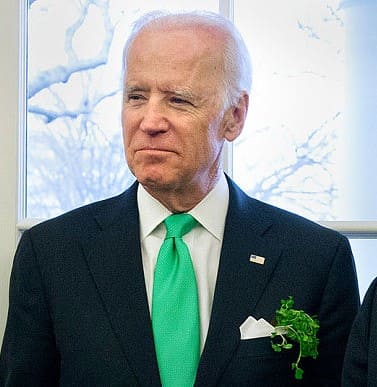How Peter Gelb is duping singers out of seven percent
mainWe have finally had full sight of Peter Gelb’s letter to singers, asking them to pay back seven percent of their fees in order to help the Met out of financial difficulty.
There are two key sentences:
– The members of the chorus and orchestra have accepted an overall 7% cut in their wages, reaching into the 2017/18 season and the Met has cut administrative staff costs by an equal amount.
– I am writing to you now to ask that you join in this effort by voluntarily accepting a 7% reduction in your contractual compensation at the Met for the remainder of this season, as well as subsequent seasons through 2017/18.

Spot the discrepancy?
The chorus and orchestra accepted an overall 7% cut… reaching into 2017/18.
The pay cut for chorus and orchestra is not an immediate 7%. It is gradated, reaching into 2017/18. It also comes with a pledge of a pay rise in 2018, and – significantly – veto rights over all the Met’s major spending plans.
The singers are being told to cough up 7% now, and for nothing in return.
They are being bilked.
Gelb continues: ‘In recent days I’ve had conversations with Ildar Abdrazakov, Piotr Beczala, Joyce DiDonato, Placido Domingo, Renee Fleming, Thomas Hampson, Zeljko Lucic, Peter Mattei, Anna Netrebko and Rolando Villazon, all of whom have agreed to accept this reduction and have also agreed that we may include their names in this letter.’
Who’s missing from this list?
Conductors. They are far too wily to pay kickbacks without seeing the small print.
Not to mention: Jonas Kaufmann, Roberto Alagna, Cecilia Bartoli, Bryn Terfel, Juan Diego Florez. They’re taking advice.

For an honest, respectful approach to artists to trim their fees, see David Pountney’s letter from WNO.





Comments